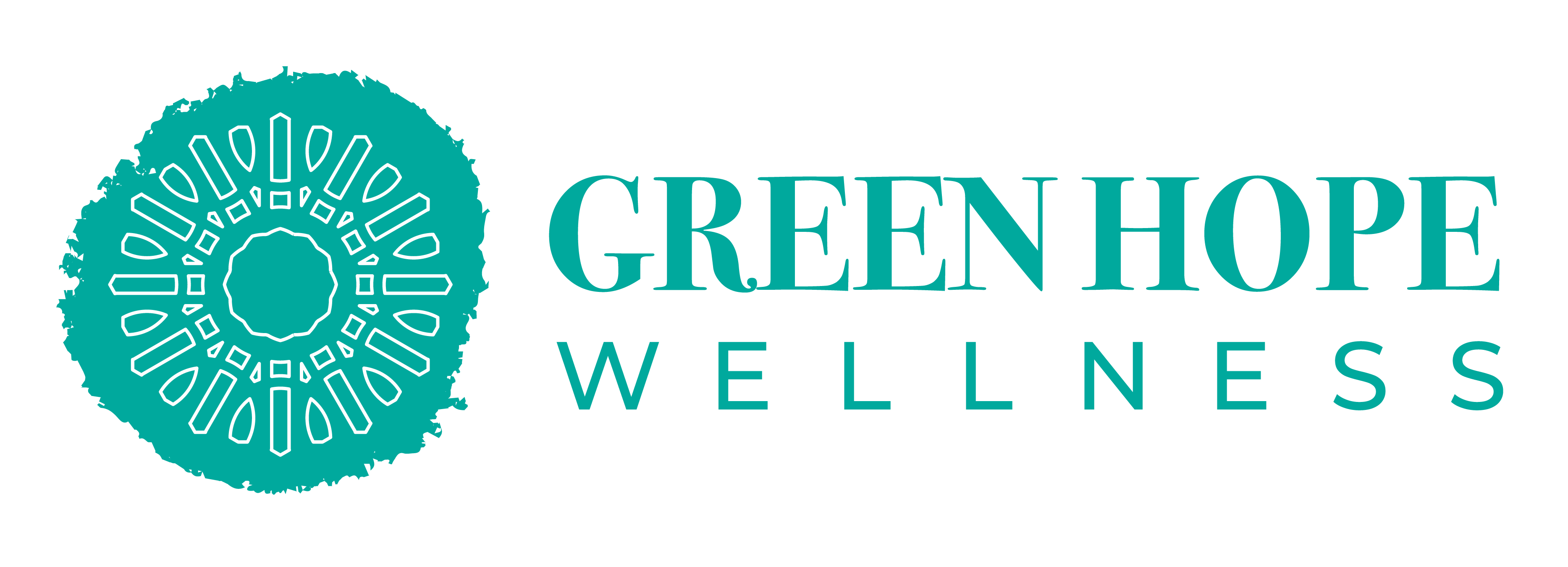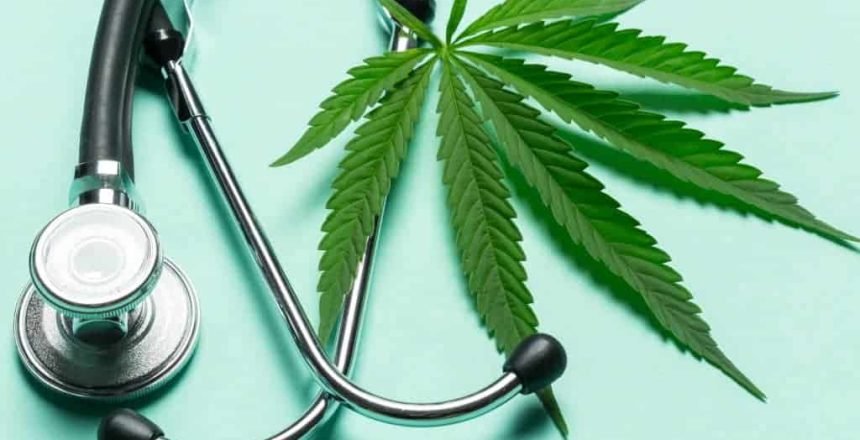When Oklahoma’s citizens voted to pass SQ788 on 26 June 2018, legalizing utilization of Medical Cannabis, they unknowingly did much more than exercise their rights to vote their beliefs, ethics, and morals on a frequently contested issue. Oklahomans actually voted to take control of one of their available healthcare options from the numerous corporate, medical, insurance, and government third parties, that frequently hold their own interests above improving patient care and outcomes. In all likelihood, placing any two individuals in a room and forcing a conversation about Medical Cannabis could and would result in an infinite number of conflicting feelings. In contrast, most people can find common ground, in that having more control over their own healthcare treatment options is a positive core belief among patients everywhere. This is a unique component of Medical Cannabis therapy not granted to patients in all areas of their healthcare delivery. At first glance, it may appear that the patient does not control this component of their desired care at all, and it is that façade that I wish to dispel.
Initially, state licensing through the Oklahoma Medical Marijuana Authority (OMMA), can appear overwhelming and instill fear in many people. However, as most frightening things under our beds as children are slain with some education (and maybe a flashlight), it is education on this process that illustrates the ease this treatment modality can be obtained by individuals that need and desire to utilize it. First, patients who feel this treatment option could benefit them should understand that the physicians educated in Medical Cannabis are not trying to prevent patient access to this therapy. Rather the case myself and other Cannabis Clinicians with whom I have conversed, share a belief that we should be more like a high-rise condominium doorman; someone who helps open the door to the entrance, in complete contrast to acting like a bouncer at a Hollywood night-club allowing only the most exclusive individuals through the entrance. While all patients do require an appointment with and recommendation from a Board-Certified Physician attesting they have a diagnosis that is within the standard of care for Medical Cannabis, there are countless resources online that can help educate patients in their decision process in applying for a Medical Cannabis License (Conditions )
Ideally, patients are encouraged to not view this appointment as anxiety-provoking simply due to the subject matter, as it will be discussed under the confidentiality of a Physician-Patient Relationship. Secondly, the OMMA has made the application process relatively easy. The applications are accepted as electronic submissions only, but in an effort for more simplicity patients can even take pictures of their documents and email them with a smartphone. There are fees associated with this licensing process including the physician visit fee and the licensing fee itself, but once paid the license is good for two years with no maintenance charges in the interim. Furthermore, reduced license fees are in place for Oklahoma Medicare and Medicaid Applicants. Lastly, once a complete application is approved, the OMMA only keeps a copy of the applicant’s picture, the county the license was issued in, the license expiration date, and they provide a unique 24-digit identifier rather than using a more traditional piece of identifying information.
Despite the legal availability and ease of application for a Medical Cannabis License, the real patient empowerment begins once a license has been approved. Cannabis Clinicians in Oklahoma will not be “prescribing” or recommending strains, routes of administration, types of products, or amounts that a patient should obtain. Rather, once licensed, a Medical Cannabis Patient is able to try out varieties of the subclasses listed above. Additionally, they will also have the autonomy to determine what works best for their condition as individuals in regards to dosing, frequency of dosing, duration of action of medication, and formulations. I cannot think of any other non-over-the-counter medication where the patient is more at the forefront of determining what is best for their own healthcare and wellness. I believe empowering patients to make a difference in their own lives and restoring their quality of life are extremely important components of this treatment modality. As stated in a modern version of the Hippocratic Oath, “I will remember that there is art to medicine as well as science, and that warmth, sympathy, and understanding may outweigh the surgeon’s knife or the chemist’s drug.” (Lasagna, L., 1964)
Jeremy M. Boucher, M.D., PCEO
Green Hope Wellness
2309 S. I-35 Service Rd.
Moore, OK 73160
405-543-7200
Dr. Jeremy Boucher, graduated AOA from Oklahoma University Health Sciences Center, obtaining his M.D., With Distinction, in 2003. He went on to complete his Anesthesiology Residency at OUMC, which culminated in his election to the position of Chief Resident in 2007. Dr. Boucher then completed his Anesthesiology Board Certification and has worked successfully in this very challenging specialty in private practice for over 11 years. Dr. Boucher has also received formal training in numerous additional areas of Medicine including Solid-Organ Transplant Anesthesiology, Pain Management, Addiction Medicine, Medical Cannabis Therapy, and Anti-Aging Medicine. He is a graduate of Northwestern University’s, Kellogg School of Management, Physician CEO Program, in only the second year of this exclusive and prestigious physician business education program.


